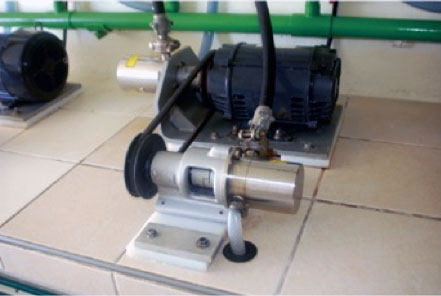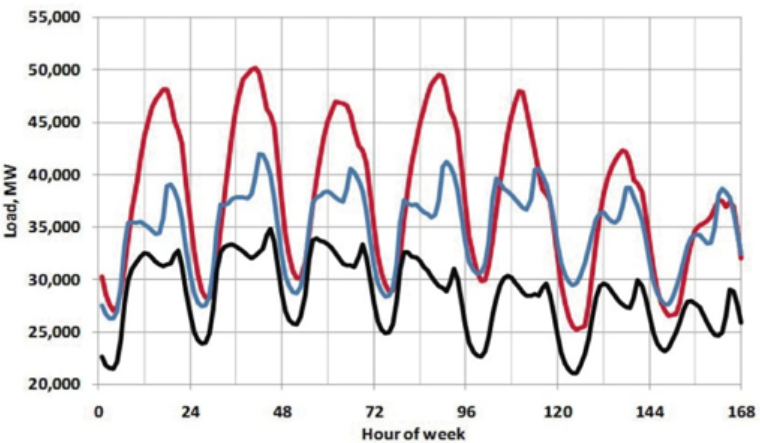LARGE, INFLEXIBLE DESALINATION PLANTS COULD JEOPARDIZE CALIFORNIA’S RENEWABLE ENERGY TARGETS AND INCREASE THE COST OF BOTH WATER AND ENERGY. BETTER DESIGNED DESALINATION PLANTS CAN BE A GRID RESOURCE ENABLING RENEWABLE MICROGRIDS. Maintaining a balance on the electric grid used to be simple for utilities, just follow demand with turbine generators. The electric utilities had a monopoly on generation and were incentivized to build plenty of infrastructure, so there was more than …
Read More »admin
Elevation Energy Storage with Elemental Water Makers
WORKING WITH NATURE TO REACH 100% RENEWABLE ENERGY WITH ELEMENTAL WATER MAKERS Crosspost (With Permission) from Microgrid Media EDITOR’S NOTE Let’s admit it, fossil fuels have made us lazy. What we used to accomplish with biomimicry and working with nature we now just burn more fossil fuels. Today we depend on coal and gas for everything from water treatment to pharmaceuticals. …
Read More »Off-Grid Solar Desalination
Water and Energy are the two most basic and important aspects of off grid living. Since 2001, Sisyan has shown that Solar Photovoltaics and Reverse Osmosis Desalination can make for a reliable, efficient source of energy and water. Until recently, the lead acid batteries required to produce water around the clock have accounted for over 60% of the cost of …
Read More »Minimum Energy Requirement for Desalination
Desalination Will Be Necessary A 40% gap between freshwater supply and demand is predicted by 2030, and the stress on natural water systems can be seen now in every part of the world. In addition to all methods of water recycling and conservation, new sources will be necessary. Seawater is the only sources that is drought-proof and virtually inexhaustible. Unfortunately, …
Read More »Water Energy Management
Energy Management for Reverse Osmosis Desalination Desalination is responsible for 200 million tons of CO2 emissions a year, significantly contributing to global warming. Of course, global warming also contributes to drought highlighting the water-energy nexus. Energy management is the most important aspect of reducing CO2 emissions associated with desalination. Although Reverse Osmosis (RO) consumes 4 times less energy than thermal desalination …
Read More » Water Energy News News about the interdependency of water and energy
Water Energy News News about the interdependency of water and energy




